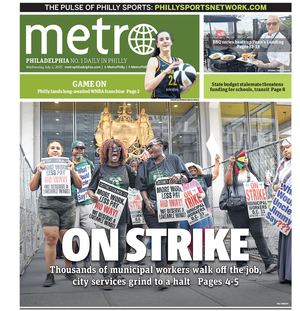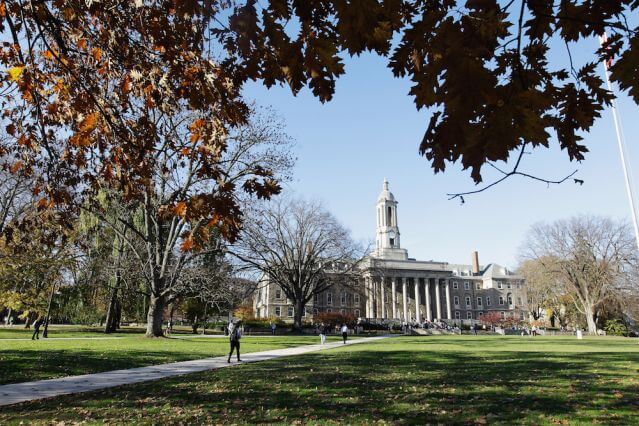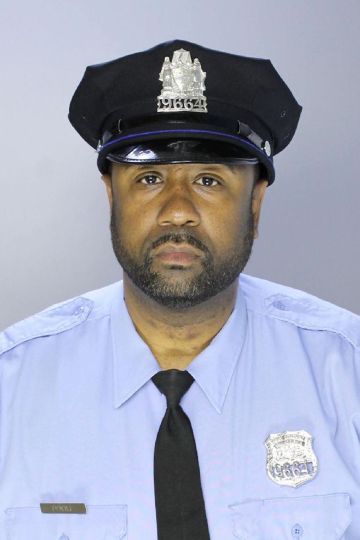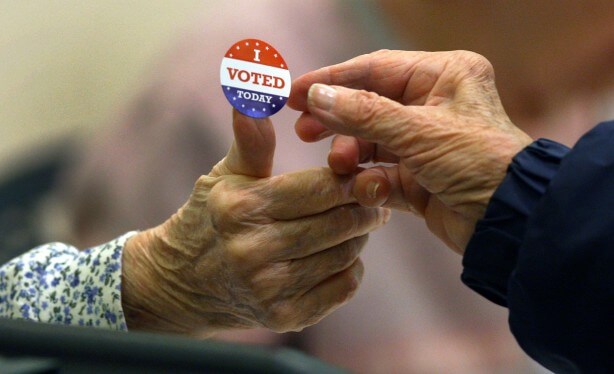Jim Kenney has expected he would be mayor since he won the Democratic primary election in May.
Though he’s made dozens, or hundreds of public appearances since, some people may still not be completely sure what Kenney is all about.
He didn’t waste any time gearing up to take office, but big challenges await the former city councilman from South Philadelphia.
Here’s a look at the future Kenney administration now that he’s been elected mayor: Kenney has already made his choice for police commissioner, but won’t say who it is. Philadelphia Police Commissioner Charles Ramsey announced in October that he would retire in January, a move designed to give Kenney his own pick at the top of the police department. Kenney said he had discussions with candidates for the job over the summer and early fall. The irony here is that Ramsey’s leadership in the department was considered a deciding factor in the Democratic primary battle with State Senator Anthony Hardy Williams. Williams said he would fire Ramsey — an announcement that many considered a blunder. Kenney said after the primary that he would not look outside the department for Ramsey’s successor. Ramsey, for his part, recommended Deputy Commissioner Richard Ross.
Look for an announcement sometime next week as to who the commissioner will be.
Kenney said Tuesday that he’s able to work with a 17-member City Council. He’s a former at-large member of the city’s legislative body, and he’s led the push on some of the city’s biggest changes, including marijuana decriminalization and a sweeping LGBT-equality bill. A keen observer might note that Mayor Michael Nutter was also a member of the City Council when he took office, and he has enjoyed frosty relations with them.
RELATED:The procrastinator’s guide to Tuesday’s election “I don’t know what happened to Michael,” said City Councilwoman Marion Tasco, “but Kenney understands the importance of neighborhoods.”
Asked what he would do to preserve his relationship with the Council, Kenney said he knows how to keep everyone on the same page.
“More communication is the best,” Kenney told Metro. “You have to communicate with people when you want to convince people that your way is the best way.”
The Philadelphia School District will continue to be a challenge. Kenney has proposed an initiative that would put social services in schools as a way of easing the burden on the district and connecting families and kids in need with agencies that can help. But the solutions to the district’s longterm problems are probably found in Harrisburg. The state formula for reimbursement of charter schools, combined with the ability of some charters to expand enrollment, means that the district has a very difficult time managing its finances. RELATED:Philadelphia approves five new charter schools
City officials also continue to push — as they have for years — for more money from the state, as well as a funding formula that takes into account the large number of kids from impoverished families that attend city schools and may need more services. Kenney sees poverty, education, jobs and the hardships of people returning from prison as related issues. Kenney said his administration will be a “very diverse government of competent people committed to making the city a better place for all of its citizens who live in every ZIP code in the city, not just certain ZIP codes.” Asked whether he thought education ranked at the top of voters’ concerns, Kenney jumped right to poverty, and began talking about “…industrial-style jobs that can feedfamilies and people returning from prison. We need to make sure that when they come home they stay home. They need to do something productive.”
What will Kenney’s term look like?
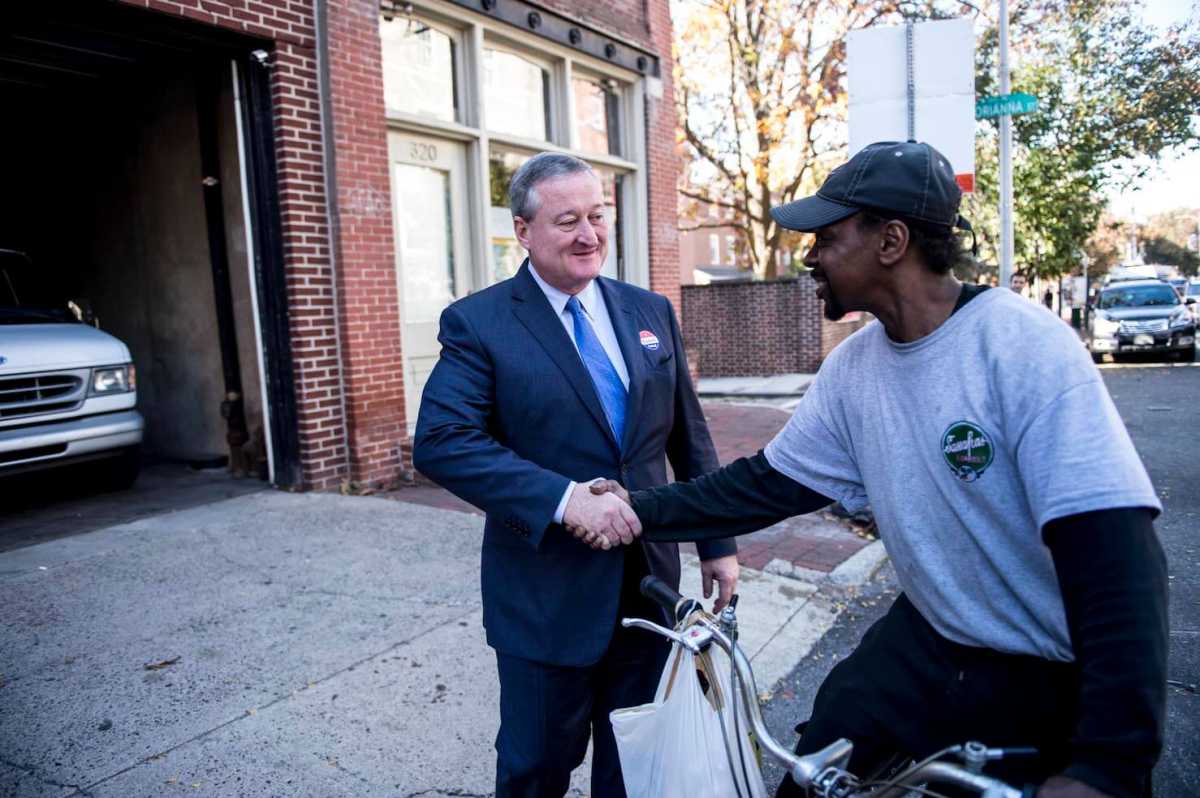
Charles Mostoller/ Metro
